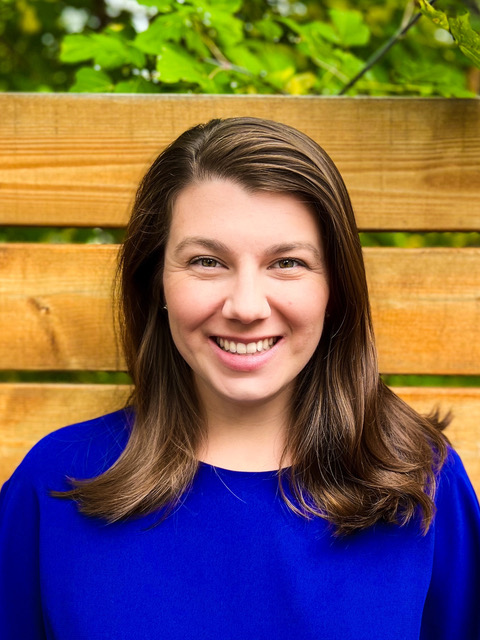A World Health Organization Collaborating Centre (WHOCC) at York University’s Global Strategy Lab (GSL) – specializing in the global governance of antimicrobial resistance (AMR) – had its impact recognized with a four-year extension, and expansion, of its mandate by WHO.
Antimicrobial resistance occurs when bacteria, viruses and other microbes – and the infections they cause – stop responding to the medicines designed to treat them. AMR has a profound impact on global health and development – especially in low- and middle-income countries. It contributes to an estimated five million deaths annually and rolls back progress on many of the United Nations Sustainable Development Goals (UN SDGs), including SDG 3 (Good Health & Wellbeing), SDG 2 (Zero Hunger) and SDG 8 (Decent Work and Economic Growth).
GSL has emerged as a leader in addressing pressing global and public health challenges. In the area of AMR, GSL aims to use policy research to support evidence-informed decision-making by the world’s governments and public health institutions to ensure sustainable antimicrobial use.

As a result, in 2019, GSL was designated the WHOCC on Global Governance of Antimicrobial Resistance. “Collaborating centres have a concentration of expertise that WHO recognizes as valuable to achieving their mandate,” explains Susan Rogers Van Katwyk, who is co-director of the WHOCC at GSL along with Steven Hoffman.
In the past four years, the WHOCC at GSL has played a critical role in supporting the WHO’s work on AMR policy and governance, resulting in its renewal for another four years. “It’s exciting to know that the WHO values our support and the work that we’ve been doing with them for the last few years,” says Rogers Van Katwyk.
While the WHOCC at York will continue its mandate of supporting evidence-informed AMR decision-making, its new mandate will include a greater focus on equity as it relates to policy and the governance of AMR. “A focus on equity is something that the Global Strategy Lab is committed to and we’re glad to have it spelled out in our mandate for the renewal term,” says Rogers Van Katwyk.
Among the additions the redesignation has brought to the WHOCC at GSL, Rogers Van Katwyk is especially excited about the greater emphasis on a “One Health” approach, which recognizes that human health, animal health and the environment are interconnected. “Most of our research at the Global Strategy Lab already includes that perspective. It’s where a lot of health research, especially around infectious diseases, is headed,” she says.
Following its redesignation, Rogers Van Katwyk believes the WHOCC at GSL has the potential to make a profound impact on the future of global health and sustainability. “We recently undertook a mapping exercise of how AMR impacts the United Nations SDGs. There’s almost none of them that aren’t impacted,” she says. “If we don’t address AMR, we’re not going to achieve the SDG on health and most of the other SDGs.”
Rogers Van Katwyk and her team are ready to support better AMR policymaking and governance for a healthier and more equitable future.


